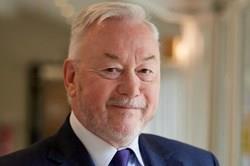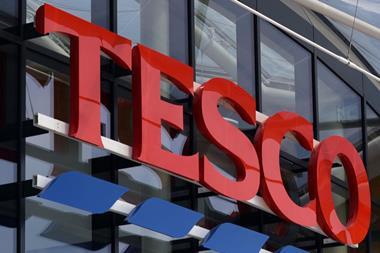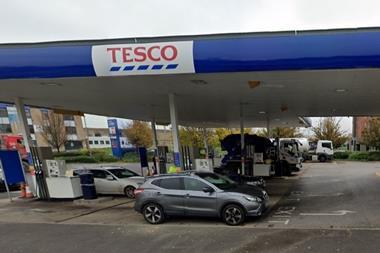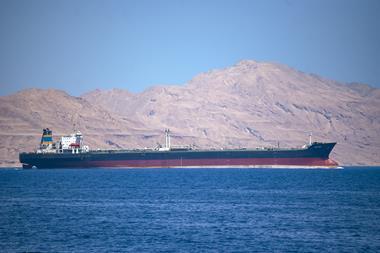The PRA has welcomed the Chancellor’s announcement in today’s Budget that he will continue freezing fuel duty for a further 12 months until April 2017.
PRA chairman Brian Madderson said: “The PRA has been lobbying Government and the Treasury on this – in particular outlining the potentially damaging effects on the economy and household budgets of even an inflation-linked rise, so it is good news to hear the Chancellor’s commitment.
“Today’s announcement will save households an average of £75 a year, and £250 for businesses.”
However, there was disappointment that the opportunity to tax unregulated hand car washes was missed. Madderson said: “The government has made no mention of the inefficient work by the Value Office Agency (VOA) allowing a number of hand car washes (HCW) – that are often unregulated and damaging local water tables with their chemical pollutants – to escape appropriate business rates.
There was an opportunity to backdate business rates on such premises to 2010, which could have raised up to £1bn, and Madderson said such a sum would have enabled the Chancellor to cut fuel duty rather than just freezing it for the sixth year in a row.
He added: “Such a move would also have provided a level playing field for independent forecourt operators with automatic (ACW) and hand car washes (HCW) whose financial sustainability continues to be threatened as shown by over 165 closures in 2015.
ACS welcomed the Chancellor’s announcement that the small business rate relief threshold will be raised to £15,000 rateable value from £6,000.
The Chancellor also announced that from 2020, future business rates increases will be based on CPI rather than RPI, which should lead to less steep increases in rates bills for retailers.
ACS chief executive James Lowman said: “The increased small business rate relief threshold will be a welcome measure for thousands of local shops who are facing rising costs in other areas of their business. This measure will also significantly reduce the burden on the VOA, as more stores are taken out of paying rates altogether.
“We welcome the move from RPI to CPI for annual business rate increases but urge the Chancellor to cap rates increases in line with the Government’s 2% inflation target”.
The Chancellor also announced in the Budget that a levy on soft drinks with over 5g of sugar per 100ml would be introduced in 2018 with an exemption for fruit juices. Soft drinks with over 8g of sugar per 100ml will be subject to a higher rate.
Lowman said: “Soft drinks make up 6.6% of convenience stores’ sales, and shoppers now have a wide choice of full sugar, low sugar and no sugar soft drinks when they visit any local shop. The Chancellor’s new levy on soft drinks companies would have been better considered as part of an holistic strategy to tackle obesity.”
On tobacco duty, the Chancellor confirmed that rates will continue to rise by 2% above inflation. The Chancellor also spoke of renewed measures to tackle the illicit trade.
Lowman said: “The illicit trade is a significant burden on the public finances, costing the Treasury over £1.3bn last year alone. We welcome the Chancellor’s focus on tackling this criminal activity, but it must be backed up with decisive local enforcement action.”






























No comments yet